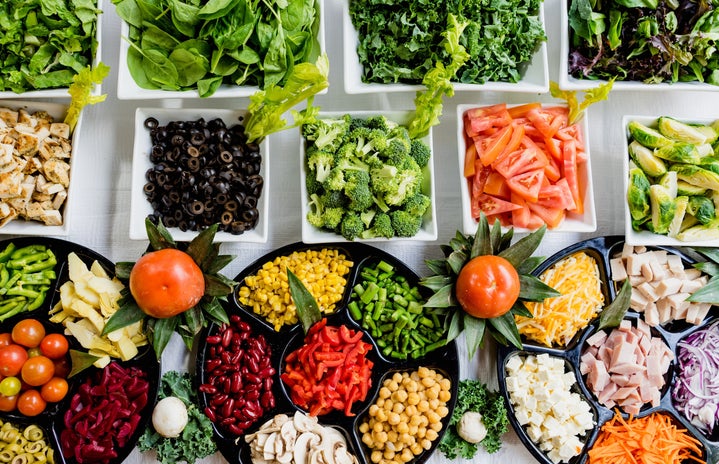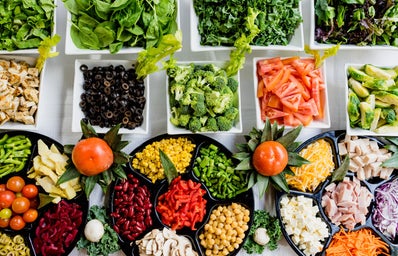2018 was a big year for Diet Coke. The iconic beverage company underwent a mini rebrand by introducing sleek, modern packaging and four unexpected flavor combinations: ginger lime, zesty blood orange, twisted mango and feisty cherry to their lineup.
The change occurred after a decline in sales, and according to Rafael Acevedo, a representative from the Coca-Cola Company, the campaign “focused on modernizing Diet Coke to appeal to a new consumer base while at the same time connecting with our core drinkers by preserving the essence of what makes this brand so special.”
As if four new flavors weren’t exciting enough, the company released strawberry guava and blueberry acai in 2019; however, for all positive attention comes negative as well.
Questioning the health aspect of Diet Coke is no new concept, but with the marketing attention up and sales rising, it may be helpful to revisit the nutrition facts and know exactly what’s inside before you crack open a cold one.
The ingredient of concern for many consumers is aspartame, an artificial sweetener that offers the zero sugar and low-calorie option in most “Diet” Coca-Cola products.
Many people fear the food additive causes depression and cancer, however, according to the FDA, there are “six high-intensity sweeteners” that are FDA-approved and aspartame is one of them.
Companies that include aspartame in their products only have to use a very small amount because it is 200 times sweeter than sugar, and it gets the job done in fewer grams. The FDA has determined that even someone who consumes a large quantity of aspartame is not likely to reach the level of consumption that would be considered unsafe.
Just like any other food, it’s all about portion control.
Same goes for Diet Coke, the drink provides a no or low-calorie alternative to sugar-sweetened beverages, so it can be used not only to decrease overall caloric intake but decrease sugar intake as well. Artificial sweeteners have been studied for safety prior to making them available to consumers and the studies continue after they are placed on the market. According to the FDA, “aspartame is one of the most exhaustively studied substances in the human food supply, with more than 100 studies supporting its safety.” So, sit back, relax and try something new.


